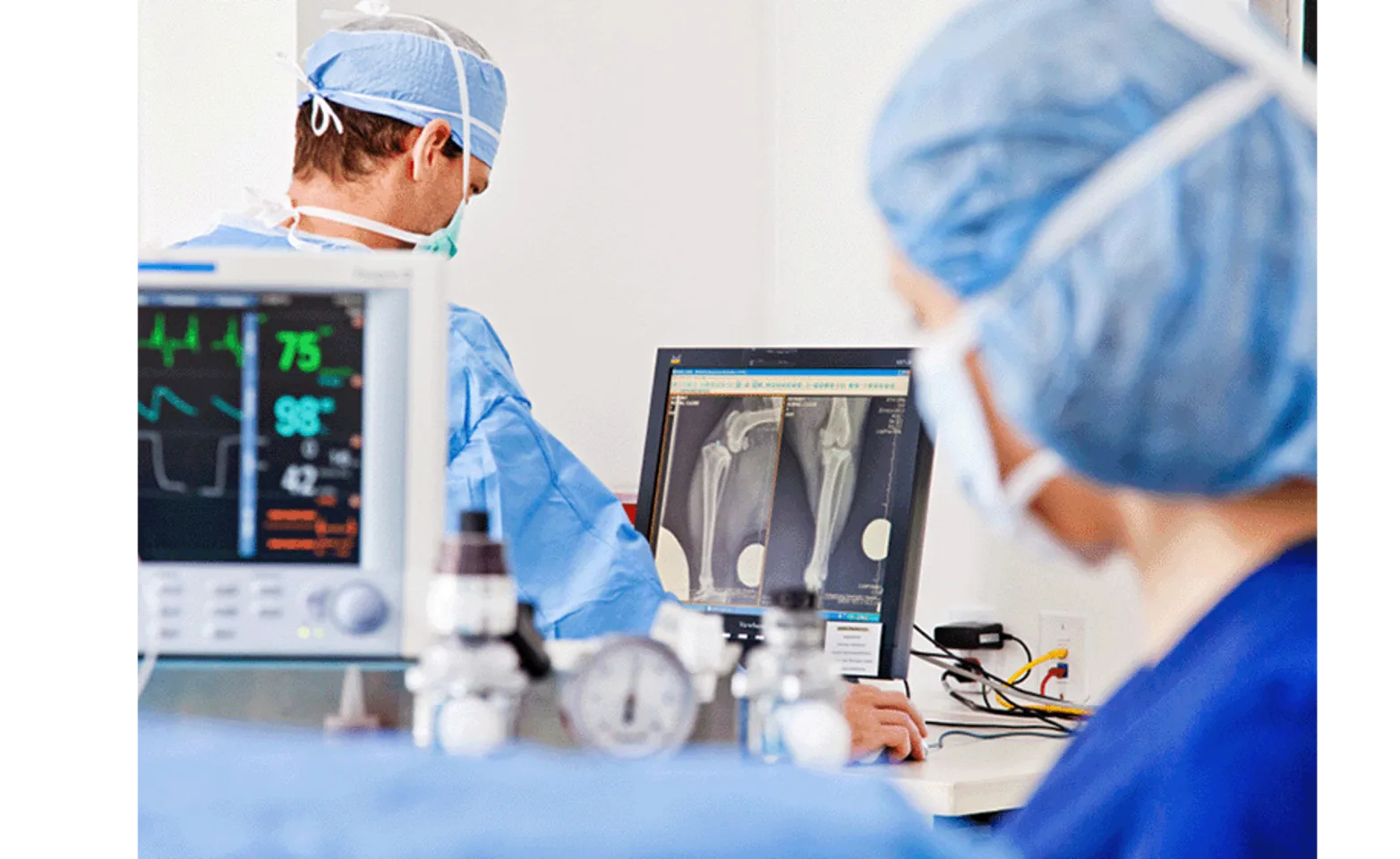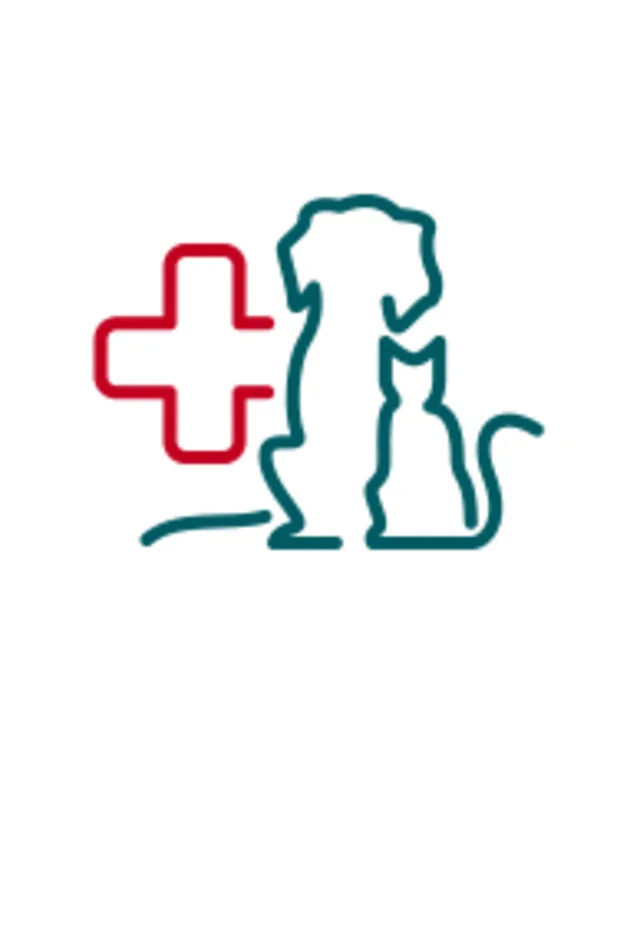Veterinary Specialty Hospital - North County




Highlights of Diagnostic and Therapeutic Options
Please contact us if you are seeking a service or treatment not listed here
MRI
CT
Digital Radiography
Ultrasound: Abdomen, Cardiac, Thoracic, Musculoskeletal
Video Scoping: Cystoscopy, Endoscopy, Rhinoscopy, and more
Transfusion Medicine
Minimally Invasive Surgery: Arthroscopy, Laparoscopy, Thoracoscopy
Veterinary Oncological Surgery
Echocardiogram & Electrocardiogram (ECG)
Electromyography (EMG)
BAER testing for hearing loss
Spinal Tap
Physical Rehabilitation & Sports Medicine
Integrative Medicine: Acupuncture and more
Oxygen Therapy
We are an AAHA Certified Hospital
The American Animal Hospital Association (AAHA) is the only organization that accredits veterinary practices in the United States and Canada. Practices that accept the challenge of accreditation are evaluated on stringent quality standards that encompass all aspects of veterinary medicine—from pain management and patient care to team training and medical record keeping.






